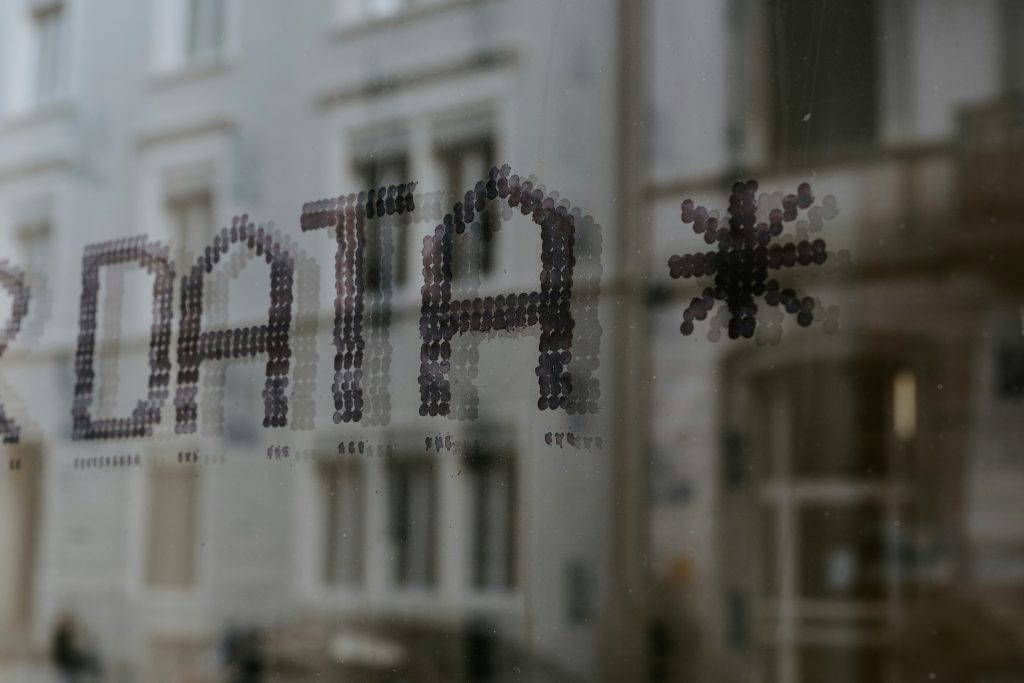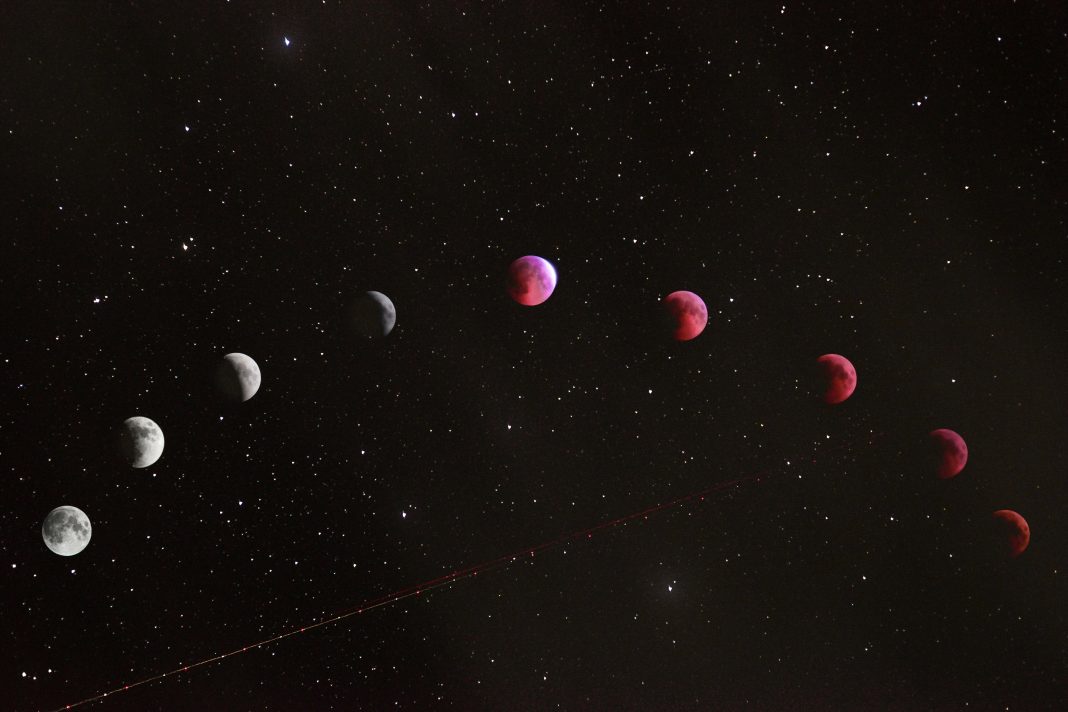In 2025, your birth chart might come with a privacy policy. And your horoscope? It might be trained on your browsing history. Astrology, long dismissed by the rationalist crowd as pseudoscience, is experiencing a dazzling comeback. But this isn’t your grandma’s sun sign forecast, today’s astrology is algorithmic, data-enhanced, and weirdly… personalized. It’s an ancient system that has been upgraded with your Fitbit data, Spotify moods, and yes, even your bank transactions.
“Give me a place to stand, and I will move the Earth,” said Archimedes.
But modern astrologers might say, “Give me your Google Maps history, and I’ll chart your rising sign with unsettling accuracy.”
Why Is Astrology Back?
It’s not that people suddenly believe Mercury controls their credit scores. It’s that in an age of algorithmic chaos and identity fluidity, astrology offers:
- A sense of pattern in randomness
- A non-judgmental framework for self-reflection
- A meme-worthy blend of science and mysticism
- Something your personalized feed can’t fully predict
But here’s the twist: tech has made it data-driven. And that changes everything.
Tech Meets the Zodiac
Apps like Co-Star, The Pattern, and Sanctuary use AI, psychology, and deep data to offer eerily resonant readings. Here’s how:
| Input Type | How It’s Used |
| Location history | Syncs to lunar transits, energetic zones |
| Sleep data | Inferred energy levels and stress cycles |
| Spotify habits | Emotional tone = mood-based forecasts |
| Social graph | Relational tension? Blame Venus retrograde |
| Purchase history | Identifies comfort-seeking patterns |
These systems don’t just know your moon sign, they know you ordered boba at 3AM the last time Mars squared Neptune.
Tip for the Star-Curious Skeptic
Use astrology as a mirror, not a manual. Ask yourself, What does this reflect about me? rather than What should I do next?

A Celestial Joke
Why did the AI-powered horoscope get dumped?
Because it kept saying “it’s not me, it’s Mercury.”
Who’s Using It?
Surprise: it’s not just Gen Z. Astrology platforms are now integrating with:
- Wellness apps for mood tracking
- Workplace tools offering “astrology-informed collaboration styles” (yes, really)
- Dating platforms using birth charts for compatibility
- Retail brands syncing marketing to astrological transits
It’s the quantified self, now with a rising sign.
What Are the Risks?
- Data privacy: Your star chart is now tied to your email and your psychographics
- Determinism: Over-reliance on cosmic narratives can stunt agency
- Predatory monetization: “Feeling off? Buy this crystal kit for $49.99”
- Algorithmic feedback loops: Predictive content reinforcing your chart’s traits
And let’s not ignore the irony: astrology once offered an escape from the cold, hard data of modern life. And now, it’s driven by it.
Final Reflection
In a world where every tap, swipe, and scroll is logged, astrology has adapted. It’s no longer about the stars. It’s about how those stars are filtered through your data-and sold back to you as cosmic self-awareness.
So here’s the question:
If your algorithm knows your chart better than you do, is it still astrology, or just a horoscope in a hoodie?

